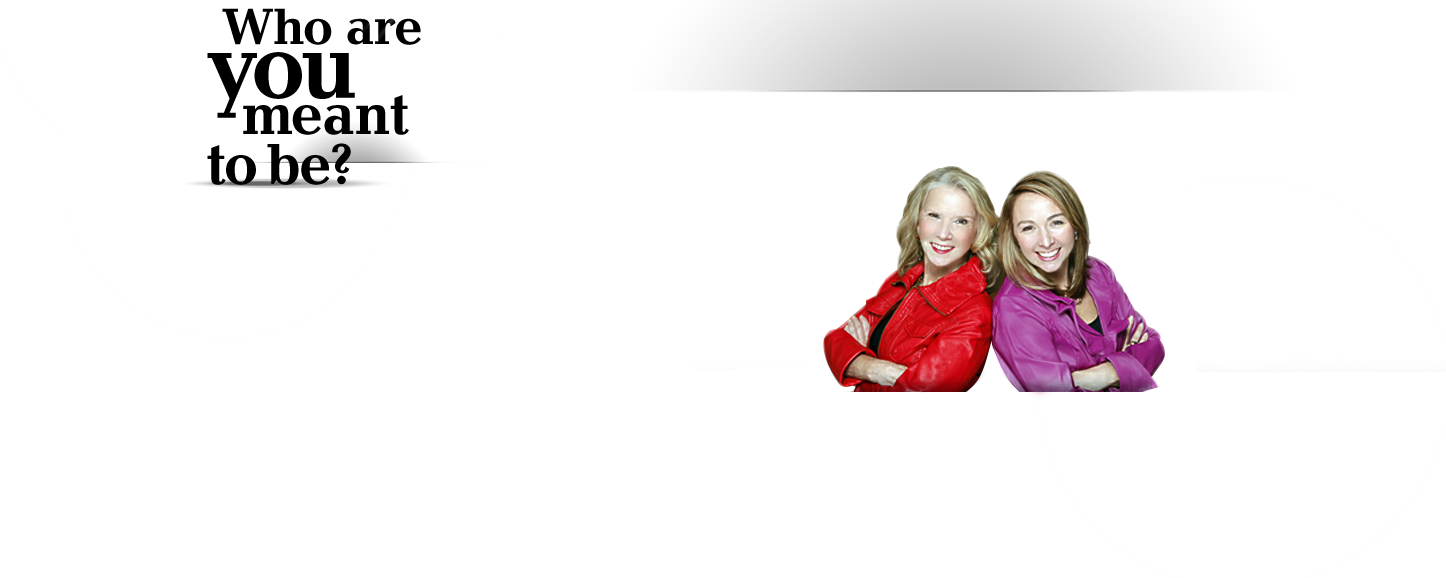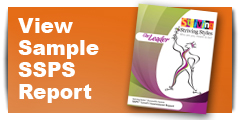PERSONAL GROWTH
How is Your Emotional Intelligence
We believe that through focusing on their personal development, people can learn to handle emotions intelligently, and in doing so increase their ability to succeed in personal and professional relationships. Emotional self-awareness is the core of emotional intelligence. Knowing one's emotional state allows the possibility of expressing feelings appropriately, or making the choice to withhold the expression of the emotion - in other words, managing one’s emotional responses.
Until recently, our culture has placed emphasis on certain aspects of intelligence such as logical reasoning, math skills, spatial skills, understanding analogies, verbal skills, etc. to help predict the success of people in their personal and professional lives. The fact is people with remarkable IQ scores do not always succeed in life and frequently do not know how to have successful relationships with coworkers, friends, and family. As a result, psychologists have recently proposed that emotional intelligence or EQ, the ability to understand emotions, is a more important predictor.
We know that our childhood, environmental, and early life events shape our emotional and intellectual intelligence, as do genetic factors and by a certain age in childhood our intellectual ability is established. However, emotional intelligence can continue to develop throughout the life span. Emotional intelligence is not a fixed point, but rather it is fluid and dynamic, and results from emotional teaching and a willingness to grow and develop. It is a fact that the brain is patterned throughout life; brain structures and circuits shape themselves through repeated experience, and through repeated practice, people can get better at things they once weren’t good at. In fact, emotional intelligence tends to increase through each decade of life. It’s what we used to call “maturity” – how one handle one’s self and other people.
We believe that through focusing on their personal development, people can learn to handle emotions intelligently, and in doing so increase their ability to succeed in personal and professional relationships. Emotional self-awareness is the core of emotional intelligence. Knowing one’s emotional state allows the possibility of expressing feelings appropriately, or making the choice to withhold the expression of the emotion – in other words, managing one’s emotional responses. People often undermine or diminish their personal or professional success through outbursts of anger, frustration or tears because of their inability to manage their emotions.
We use Emotional Intelligence testing when working with individuals to assess our clients’ current ability to manage their emotions and to assert themselves. EQ results demonstrate each individual’s level of self-esteem and self-actualization – indicators of their current ability to grow toward their full potential. EQ is also an effective tool when beginning personal development coaching, providing clients with a benchmark for progress during the coaching program.



















0 Comments